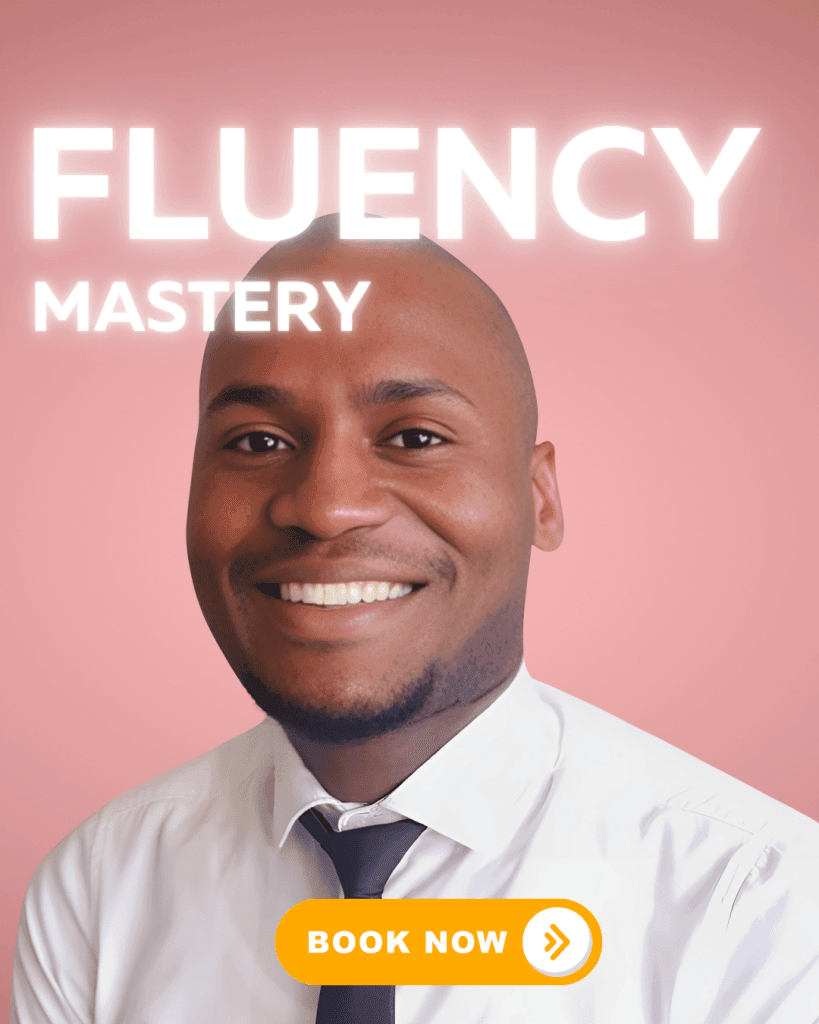Contact: +27 64 416 0865
Email: admin@theroyalvisions.com


If you want to speak English fluently, you must master modal verbs! These small but powerful verbs help express possibility, necessity, ability, and advice in a natural way. In this guide, you’ll learn when, where, and how to use modal verbs correctly. Plus, test your knowledge with a fun quiz at the end! 🎉
Modal verbs are helping verbs that modify the main verb in a sentence. Unlike regular verbs, they do not change form based on the subject.
| Modal Verb | Meaning | Example Sentence |
|---|---|---|
| Can | Ability / Permission | “I can swim.” / “Can I leave early?” |
| Could | Past ability / Polite request | “When I was young, I could run fast.” |
| May | Formal permission / Possibility | “May I use your phone?” / “It may rain today.” |
| Might | Less certain possibility | “She might be at home.” |
| Must | Strong necessity / Obligation | “You must wear a seatbelt.” |
| Shall | Future intention (formal) | “We shall meet at noon.” |
| Should | Advice / Recommendation | “You should eat more vegetables.” |
| Will | Future certainty / Willingness | “I will call you tomorrow.” |
| Would | Hypothetical situation / Politeness | “I would love to help you.” |
| Modal Verb | Degree of Possibility | Example Sentence |
| Must | 100% certain | “She must be at work now.” |
| May / Might / Could | 50% possible | “It might snow tomorrow.” |
| Can’t / Cannot | 0% possible | “That can’t be true!” |
📝 Tip: Use “must” for certainty, and “might” / “could” for uncertainty!
| Modal Verb | Strength of Obligation | Example Sentence |
| Must | Strong obligation | “You must wear a mask here.” |
| Have to | Necessary action | “I have to finish my homework.” |
| Should / Ought to | Advice | “You should get some rest.” |
🔹 “Must” vs. “Have to”?
🔹 “Can” vs. “Could”?
1️⃣ Using “to” after a modal ❌ “He must to study.” → ✅ “He must study.”
2️⃣ Conjugating modal verbs ❌ “She cans swim.” → ✅ “She can swim.”
3️⃣ Using two modals together ❌ “He must can help.” → ✅ “He must be able to help.”
Book your free lesson now:




📲 Answer these 10 questions and send your answers to my WhatsApp: +27 64 416 0865!
1️⃣ Fill in the blank: “You ______ (should/must) wear a helmet while riding a bike.”
2️⃣ Correct the sentence: “She can to sing well.”
3️⃣ Choose the correct option: “I (can/could) run fast when I was younger.”
4️⃣ What is the difference between “must” and “have to”?
5️⃣ Translate to your native language: “We might go to the cinema tonight.”
6️⃣ Which modal verb expresses a strong obligation?
7️⃣ Fill in the blank: “It ______ (may/must) rain later, so take an umbrella.”
8️⃣ Which modal verb is used for polite requests?
9️⃣ Create a sentence using “should.”
🔟 What is the past form of “can”?
📚 Visit our website for free learning materials! www.theroyalvisions.com 📅 Book a free lesson today: Click here! 📲 Message me directly on WhatsApp: +27 64 416 0865 to improve your English! 🚀